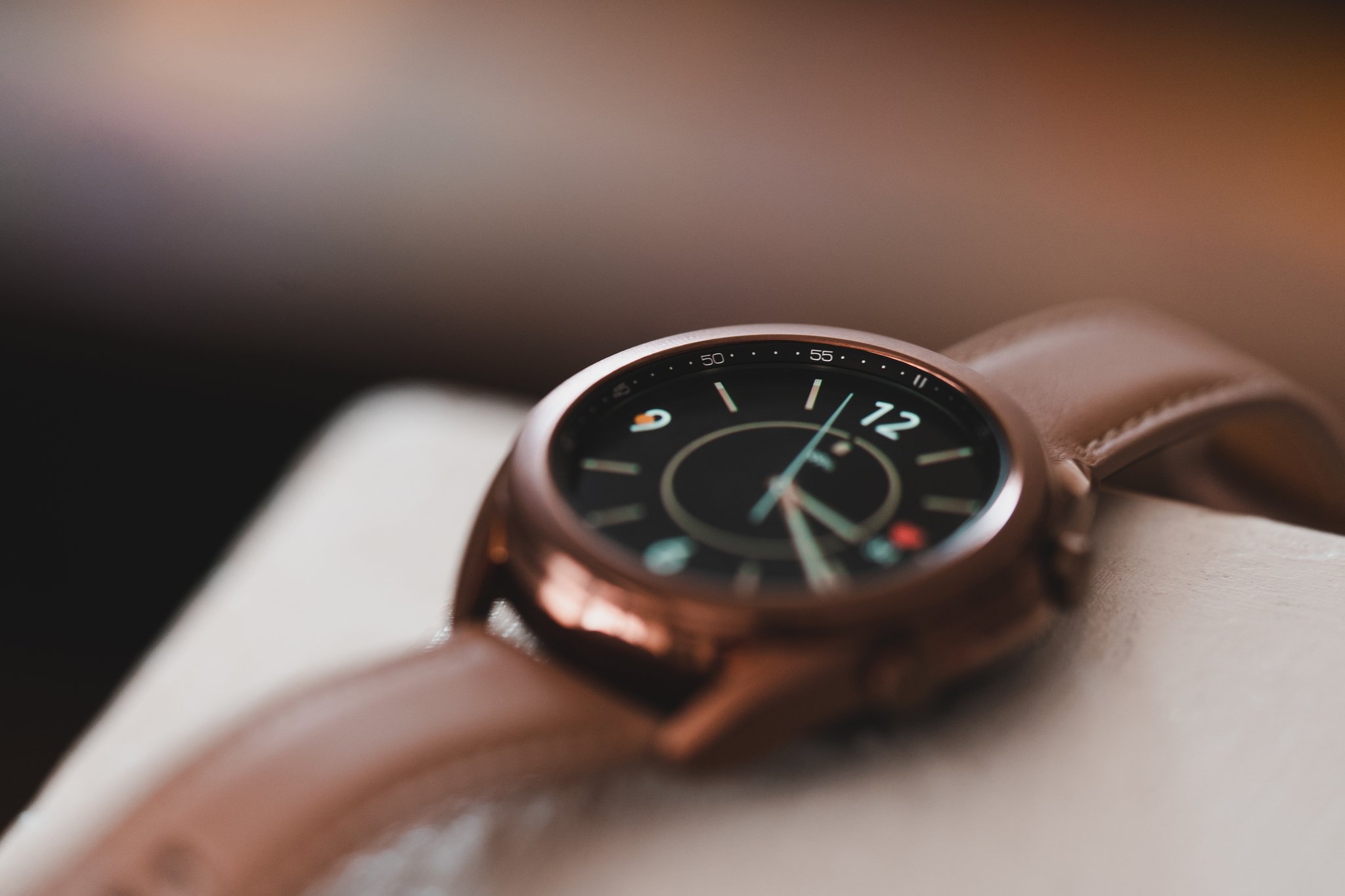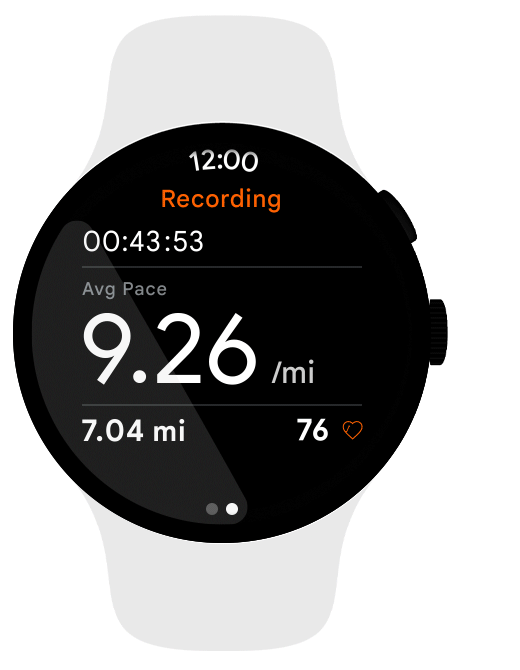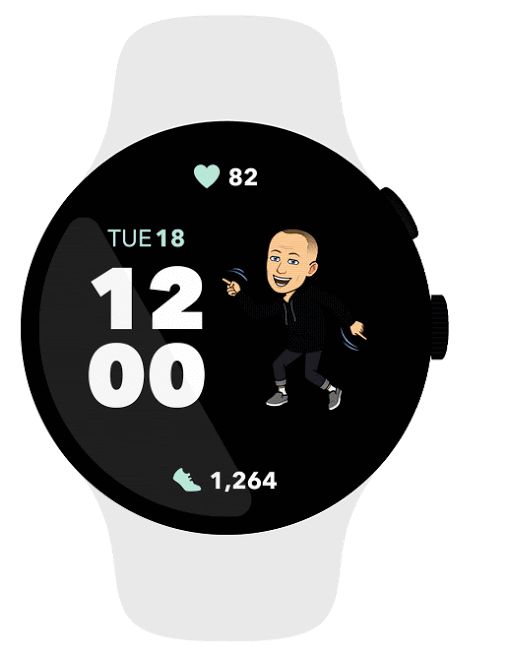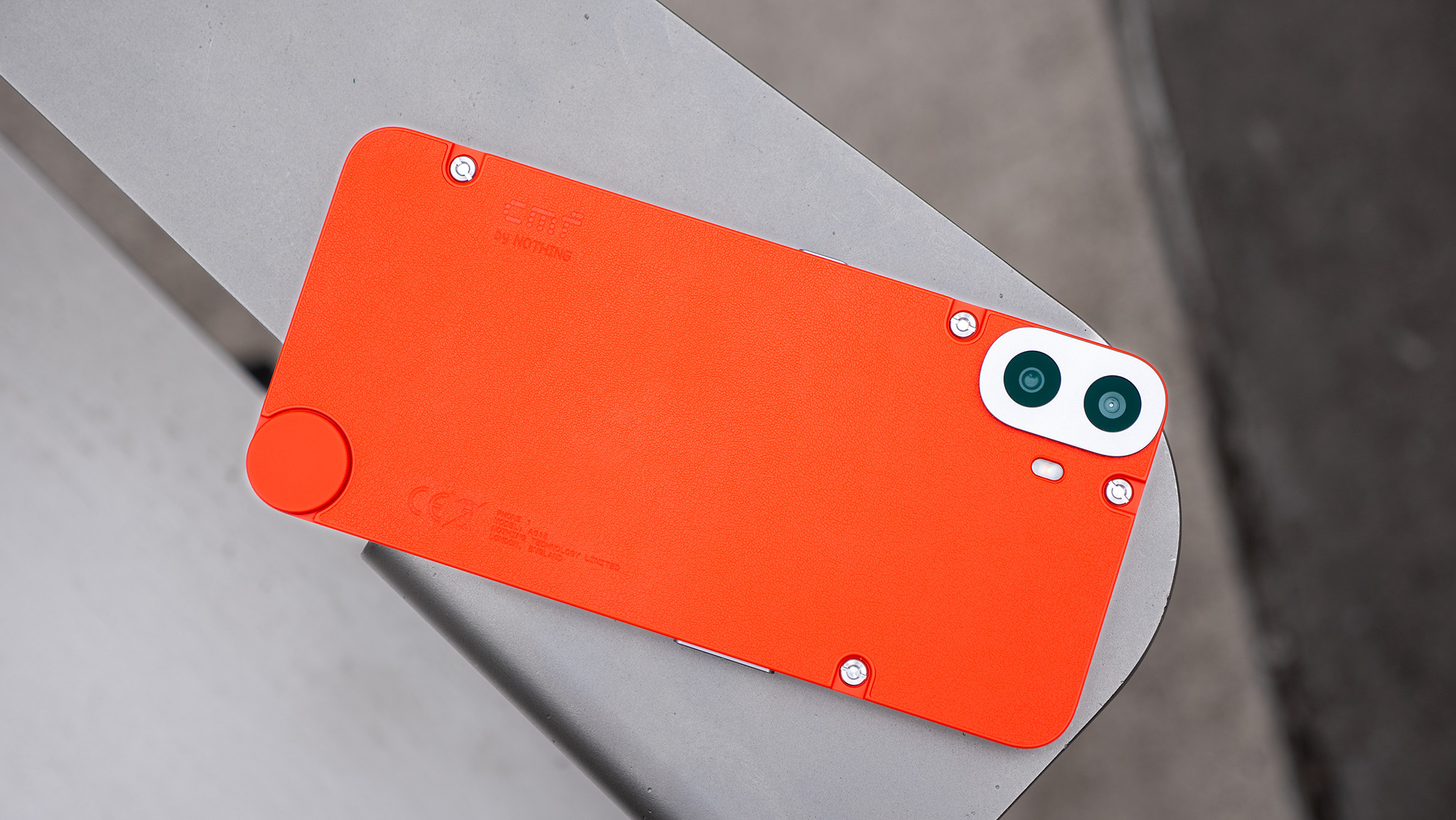Is the new Wear OS a victory for Samsung or Google?

The announcement of a new wearable OS from Samsung and Google was arguably the biggest news from a Google I/O 2021. In the seven years since it debuted as Android Wear, Google's smartwatch OS has undergone major technical, design, and branding overhauls as it's attempted to compete with the Apple Watch. But this will be Wear OS's biggest change yet, effectively hitting the reset switch on a platform that's seen, at best, only modest success.
At the same time, the collaboration with Samsung calls time on what has been a relatively successful run of Tizen-based smartwatches, bringing big changes for an important part of Samsung Mobile's business.
Many factors are responsible for Wear OS's stagnation over the years, from lack of competitive silicon from Qualcomm to Google's failure to attract developers. It's been a couple of years since Wear OS was prominently featured at a Google I/O keynote, leading to speculation around the platform's future.
What's more, Wear certainly hasn't been helped by the fact that Samsung, which sells the lion's share of Android phones in the U.S., dropped the OS early on to develop its own competing platform. Samsung's Tizen watches started out looking goofy and packing features like built-in cameras, but eventually matured into the strongest rival to Apple's wearables. Galaxy Watch devices have regularly ranked among the best Android smartwatches.
Samsung silicon could be a big part of Wear OS's future.
Nevertheless, despite being compatible with other Android phones and even the iPhone, the likes of the Galaxy Watch are largely seen as accessories for Samsung handsets.
And while Samsung is in a stronger position than Google in terms of its wearables strategy, the new collaboration acknowledges that neither company alone can take on Apple. Each has unique expertise: Certainly, Samsung's silicon know-how will benefit the new platform, giving Google a viable alternative to Qualcomm for processors used in the new watches. And Google, platform holder of the world's most-used operating system, knows a thing or two about software.
It's tempting to imagine Google going cap-in-hand to Samsung and offering stacks of cash to effectively take over its Galaxy Watch series software — and sure, money very likely did change hands to make the new Wear OS a reality. But the new platform is also a better fit for manufacturers like Samsung with a strong design identity.
Be an expert in 5 minutes
Get the latest news from Android Central, your trusted companion in the world of Android


Source: Google
A new platform is a chance to start fresh and get things right.
Unlike Android Wear or Wear OS, the new platform will be as customizable as Android itself (while hopefully avoiding some of the pitfalls of early Android's fragmentation.) The next Galaxy Watch will look and feel as much like a Samsung watch as any of the current models. Meanwhile, the Korean firm benefits from collaboration with Google on the software engineering legwork and the larger developer audience the new platform should command. In terms of sales, it also doesn't hurt to have Samsung as a major partner in this new platform; many non-Samsung watches may end up running on Samsung silicon.
On the Google side, the upcoming Pixel Watch (or possibly Fitbit Watch) will likely resemble the screenshots and animations shown at I/O 2021. And hopefully, it'll also perform a whole lot better than the current set of Wear OS devices. Creating an entirely new platform lets Google make a clean break from the legacy cruft of Wear OS as it exists right now — at the time of writing, Wear is basically a fork of Android 9 Pie and has been since late 2018. At the same time, Google will be looking to keep onboard major Wear OS partners like Fossil and continue to provide a turnkey smartwatch solution for smaller brands. Having a major silicon and display provider onboard will surely help with that.
We're still a few months off from seeing the next generation of Wear OS devices, which are likely to land alongside Android 12 later in the year. But when they arrive, we could be seeing the first serious competition to the Apple Watch in years. That's something neither Google nor Samsung could have achieved alone.

Alex was with Android Central for over a decade, producing written and video content for the site, and served as global Executive Editor from 2016 to 2022.
